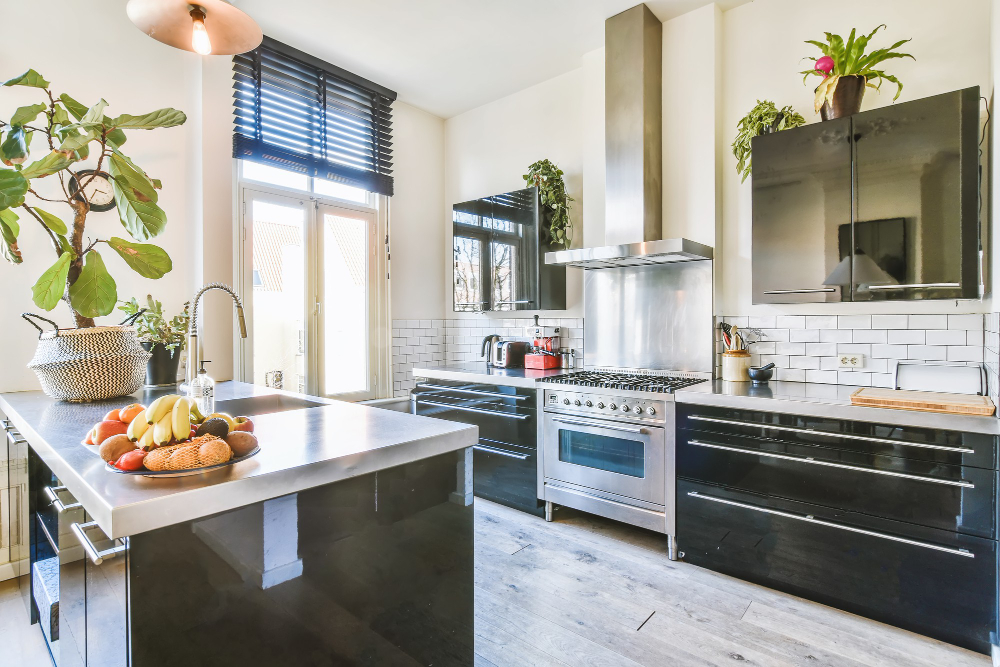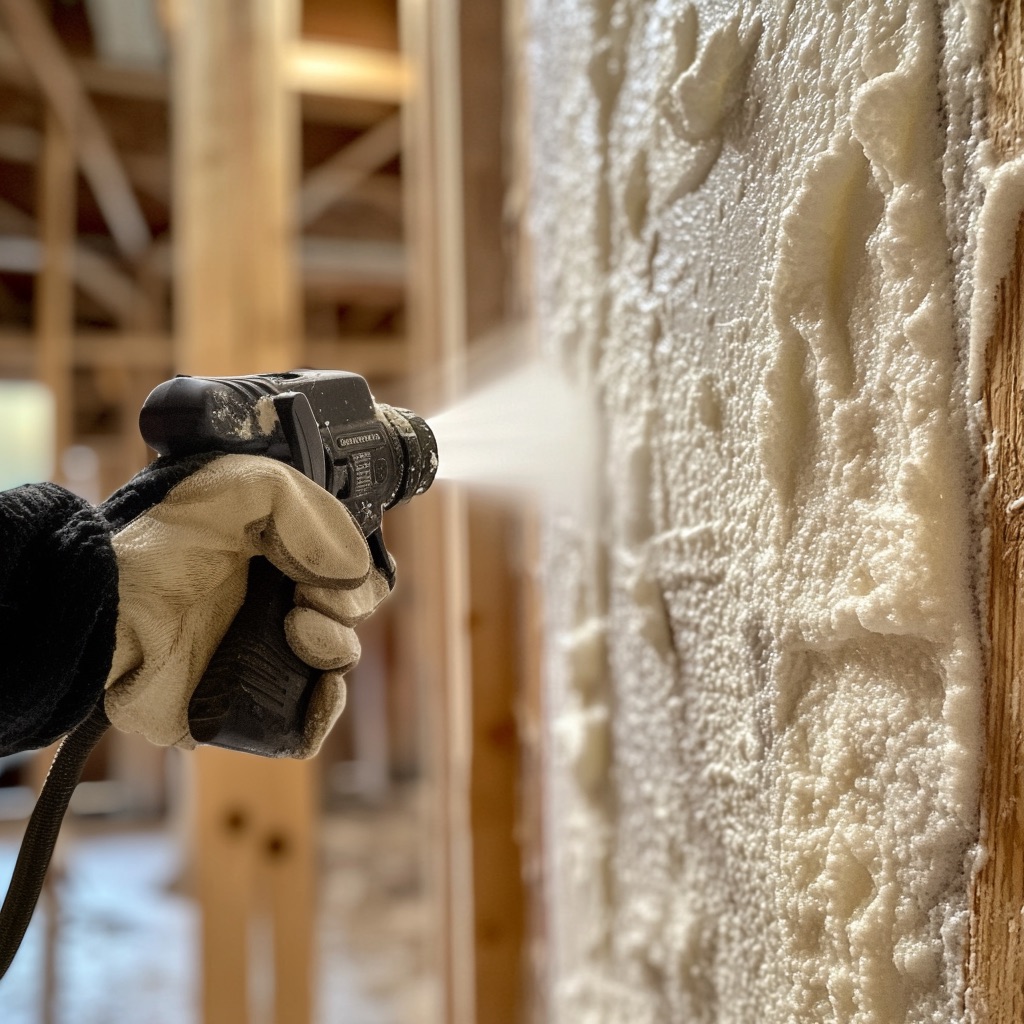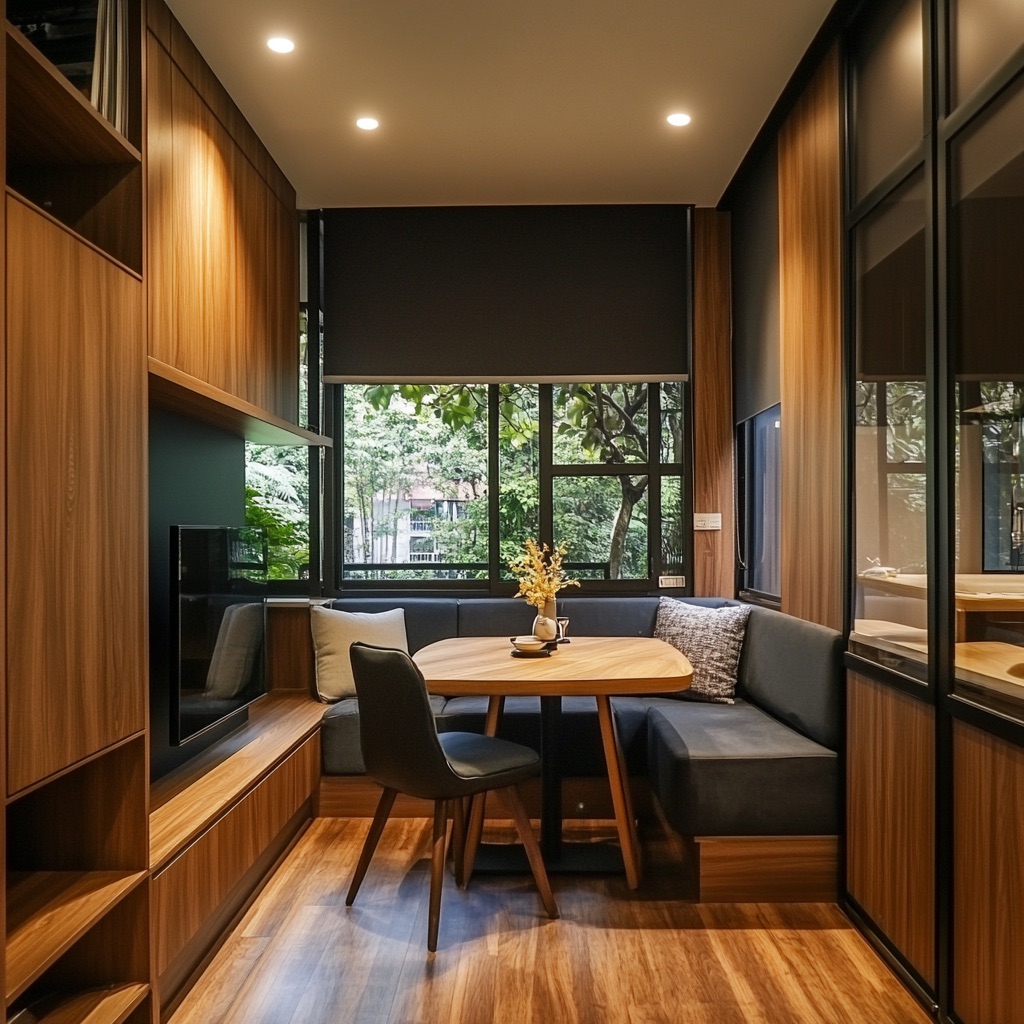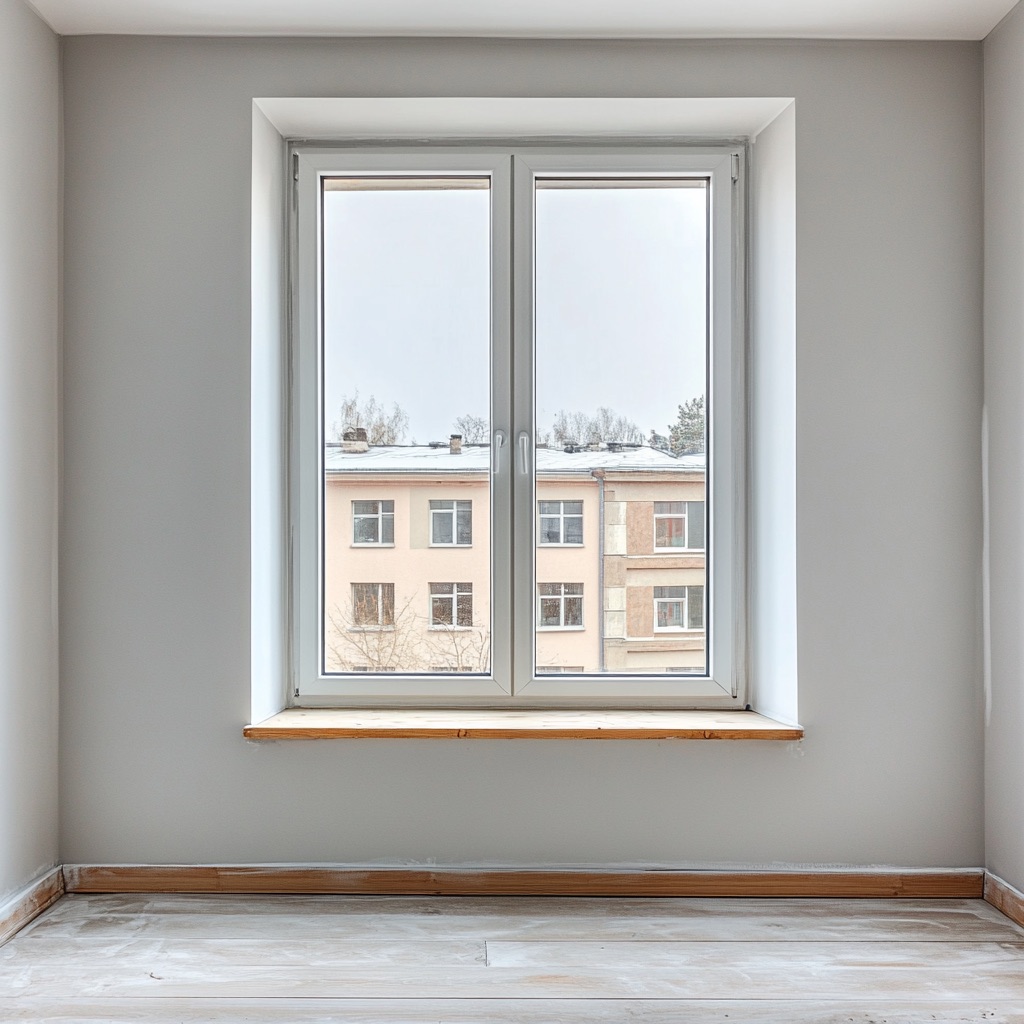In the realm of home improvement, the prospect of embarking on a renovation project can be both exhilarating and daunting. The thought of transforming your living space into something fresh, functional, and beautiful is undoubtedly exciting.
However, before you dive headfirst into demolition and design, several crucial considerations should not be overlooked. From budgeting wisely to planning meticulously, here are six essential things to ponder before initiating your home renovation journey.
Research and Plan Thoroughly

The success of a home renovation project hinges on thorough research and meticulous planning. Take the time to gather inspiration, explore design ideas, and familiarize yourself with the latest trends and technologies in home improvement.
Whether you’re flipping through magazines, browsing online platforms like Pinterest and Houzz, or consulting with roofing contractors in Lakeland, collecting ideas and inspiration will help you refine your vision and make informed decisions.
Once you have a clear idea of what you want to achieve, create a detailed renovation plan that outlines the scope of work, timeline, and budget. Consider hiring a reputable contractor or architect to assist with the planning process and ensure that all aspects of the renovation are carefully thought out and executed.
From obtaining necessary permits to scheduling subcontractors, thorough planning is key to a successful home renovation project.
Set a Realistic Budget
One of the most critical aspects of any home renovation project is establishing a realistic budget. Without a clear financial plan in place, it’s easy for costs to spiral out of control, leading to frustration and financial strain down the line. Begin by determining how much you can comfortably afford to spend on the renovation, taking into account factors such as savings, available credit, and potential financing options.
Once you have a budget in mind, allocate funds to different aspects of the project, including materials, labor, permits, and unforeseen expenses. It’s essential to factor in a contingency fund of at least 10-20% of the total budget to account for unexpected costs or changes in the scope of work.
By setting a realistic budget upfront, you’ll have a clear roadmap for managing expenses and avoiding financial stress throughout the renovation process.
Consider Practicality and Long-term Maintenance

While it’s tempting to prioritize aesthetics and style when planning a renovation, it’s essential to consider practicality and long-term maintenance requirements as well. Choose durable, low-maintenance materials that can withstand the wear and tear of daily life, especially in high-traffic areas like kitchens and bathrooms.
Additionally, think about how your renovation choices will impact energy efficiency, sustainability, and the overall functionality of your home.
Investing in quality materials and craftsmanship may require a higher upfront cost but can save you money in the long run by reducing the need for frequent repairs and replacements. Take the time to research different options and weigh the pros and cons of each, considering factors such as durability, ease of maintenance, and environmental impact.
By prioritizing practicality and long-term sustainability, you’ll create a home that not only looks beautiful but also functions efficiently for years to come.
Communicate Effectively with Contractors and Suppliers
Effective communication is key to a successful home renovation project. Whether you’re working with a general contractor, subcontractors, or suppliers, clear and open communication will help ensure that everyone is on the same page and that the project progresses smoothly. Establish clear lines of communication from the outset, outlining expectations, timelines, and responsibilities for all parties involved.
Regularly check in with your contractors and suppliers to address any questions or concerns that may arise during the renovation process. Be proactive in seeking updates and progress reports, and don’t hesitate to voice any changes or adjustments to the original plan.
By fostering open communication and maintaining a collaborative mindset, you’ll minimize misunderstandings and setbacks, ultimately leading to a more successful outcome.
Prepare for Disruption and Adaptability
Home renovations can be disruptive, messy, and unpredictable, especially if you’re living in the space during the construction process. Prepare yourself and your family for potential disruptions to daily routines, such as noise, dust, and limited access to certain areas of the home.
Consider setting up temporary living arrangements or alternative workspaces if necessary to minimize inconvenience and maintain a sense of normalcy.
Flexibility and adaptability are essential traits when navigating the ups and downs of a home renovation project. Be prepared to make adjustments to the timeline or scope of work as needed, and stay patient in the face of unexpected challenges or delays.
Remember that the result will be worth the temporary inconvenience, and keep your eyes focused on the long-term benefits of creating a home that truly reflects your style and meets your needs.
The Takeaway
Embarking on a home renovation project is an exciting opportunity to transform your living space and enhance your quality of life.
By considering these six essential factors—defining your goals, setting a realistic budget, researching and planning thoroughly, prioritizing practicality, communicating effectively, and preparing for disruption—you’ll be well-equipped to navigate the renovation process with confidence and achieve the home of your dreams.
With careful planning, attention to detail, and a positive mindset, your renovation journey is sure to be a rewarding and fulfilling experience.
Recap




